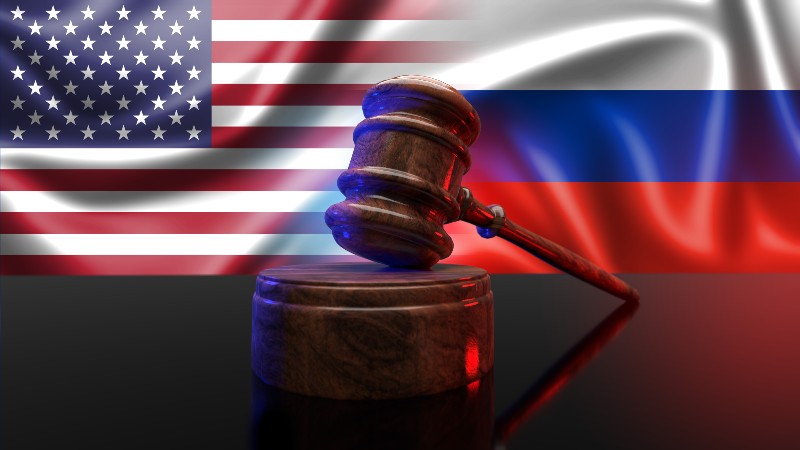News
Don’t Help Russia Evade Sanctions, US Warns China

In an upcoming meeting, the US will warn China not to help Russia evade sanctions. China’s actions can disrupt trade flows and technology exchange agreements it enjoys with Western nations. In addition, the US and Europe can impose secondary sanctions on China as well.
RELATED: Russian Firms Rush To Chinese Banks To Open Accounts
US to China: Don’t Help Russia Evade Sanctions

US National Security Adviser Jake Sullivan plans to meet with China's top diplomat Yang Jiechi in Rome on Monday. He plans to stress the economic penalties Beijing faces if it insists on helping Russia.
At their Rome meeting, Sullivan will remind China that it faces isolation if it continues to help Russia evade economic sanctions.
This meeting with Yang follows their closed-door sessions in Zurich last October. This last meeting sought to reduce tensions after a bitter exchange in Alaska a year ago.
Additionally, Commerce Secretary Gina Raimondo warned that Chinese firms defying US restrictions on Russia may face penalties as well.
The US may cut them off from access to American equipment and software needed to manufacture products.
China’s Still A Major Presence in World Trade
Unfortunately, the US doesn’t hold all the cards. China is the world’s largest exporter, the EU’s largest trading partner. At the same time, China is the US’s biggest supplier of foreign goods.
Consequently, any moves to sanction China can affect the economies of the US and its allies. At the same time, China is Russia’s largest trading partner as well.
Russian companies are now scrambling to shift their markets and bank accounts to China. Many see this as a way to evade sanctions.
Last Sunday, Russia reportedly requested China for military equipment to backfill its inventory. Russia’s invasion of Ukraine is taking far longer than they expected.
This raised fears among Western allies that Beijing is undermining their efforts to cripple Russia’s ability to wage war. Sullivan told the media last Sunday that Washington is monitoring the extent of China’s economic and military support to Russia.
“We are communicating directly, privately to Beijing,” he said. Consequences are in store for “large-scale sanctions evasion efforts or support to Russia to backfill them,” he added.
China and Russia Ties Strengthening As US-China Ties Weakens
Last month. Chinese President Xi Jinping and Russian President Vladimir Putin announced an upgraded “no limits” strategic partnership.
This happened just weeks before the Ukraine invasion. Already, Beijing refused to call Moscow’s action an invasion.
However, Xi appealed for maximum restraint as Russian sanctions can affect the global economy. In effect, sanctions such as isolating Russian banks make it difficult for China to buy Russian oil.
In contrast, US and European allies are pouring money into Ukraine. Billions in military and humanitarian assistance are making their way to Kyiv.
At the same time, Western allies are freezing Russian offshore accounts and seizing foreign assets of Russia’s oligarchs.
China Denies Helping Russia Evade Sanctions
However, China denies receiving a request from Russia for military aid. Instead, Beijing wants to offer its help to bring peace to the warring nations.
Embassy spokesperson Liu Pengyu called the current situation in Ukraine “disconcerting”. “We support and encourage all efforts that are conducive to a peaceful settlement of the crisis,” Liu added.
Daniel Russel, a top US diplomat for East Asia under the Obama administration, disagrees. He said that China’s offer to serve as a mediator is a “far-fetched” idea. “Beijing may talk a good game about ceasefires and mediation to insulate itself from blame,” he explained.
Watch The Economist’s video report on War in Ukraine: whose side is China on?
Do you agree that China might be helping Russia evade sanctions imposed by the US and allied nations? Also, do you think that the US and Europe can’t do much about China considering their trade partnership?
Tell us what you think. Share your comments below.















